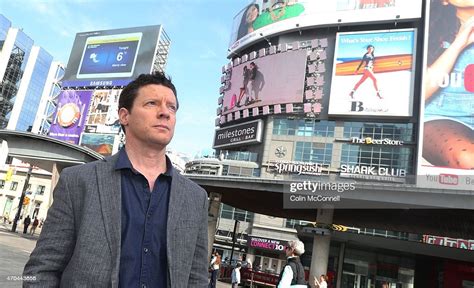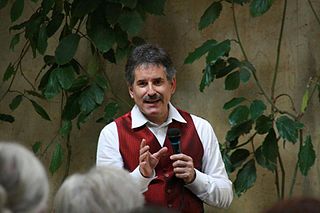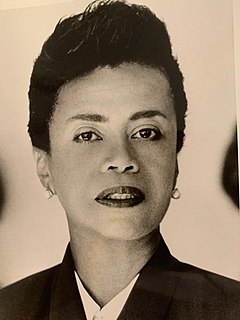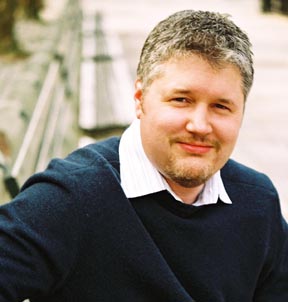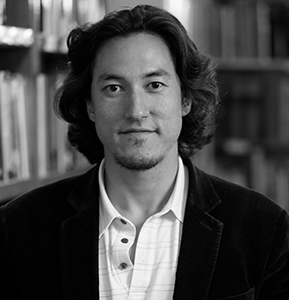A Quote by Sarah Polley
I think that we need to get along together if we want to survive in the twenty-first century.
Related Quotes
Leadership is the great challenge of the 21st century in science, politics, education, and industry. But the greatest challenge in leadership is parenting. We need to do more than just get our enterprises ready for the challenges of the twenty-first century. We also need to get our children ready for the challenges of the 21st century.
I think the twenty-first century happened, basically. That this century started on 9/11. And basically, it's been a century of counter reaction to globalization and the meritocracy. And a good century for 72 nations have gotten more authoritarian. We've had Brexit. We have Le Pen rising in France. We've just got a lot of these types all around the world. And the people who are suffering from globalization and the meritocracy are saying, "No more. You know, we get a voice too."
Readers no longer need novelists to tell us what it's like to cross the world on a ship or fight a war. In the twenty-first century, we get that information in other ways. The thing that's still a mystery to us is the human heart. What we want is to understand people, what they're doing, and why they're doing it.
This is our challenge at the beginning of the twenty-first century - we need to find the courage to see our own spiritual yearnings in the biggest possible context, in such a way that is going to compel us to finally transcend our self-concern. We need to find the heart to come together in such a way that will enable us to face the challenges before us. And to do this, we need a new spirituality. We need a new enlightenment.





